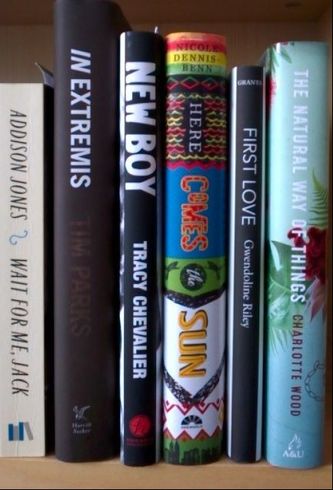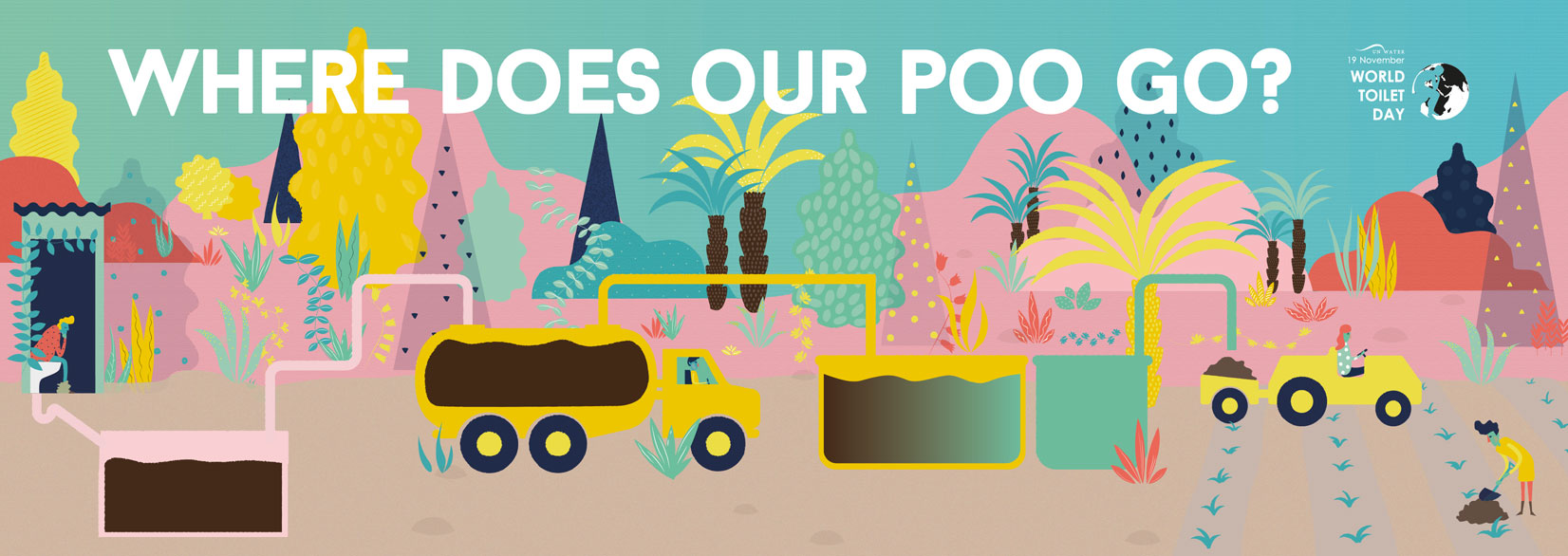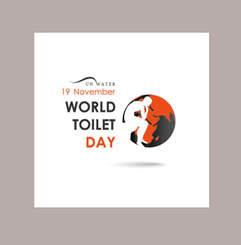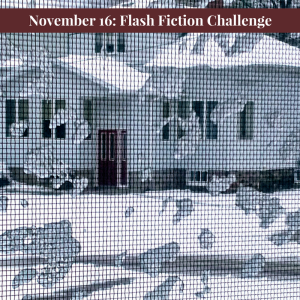| There wasn’t much traffic at a book fair I attended recently, but at least it gave me the opportunity to chat with other writers on nearby stalls. The discussion drifted to writing sex, but they thought I was joking when I moved the conversation to writing toilets. If you’re a regular reader of this blog, you’ll know that safe and hygienic toilets are no laughing matter (and now those other writers know too) and the foundation of women’s emancipation and girls’ education worldwide. So I’m proud to have marked World Toilet Day on this blog every year since I started in 2013. There’s more to discover about this year’s theme Where does our poo go? if you follow the link. As I did last year, for 19th November 2017, I’m celebrating the novels I’ve read in the last twelve months that acknowledge our dependence on toilets. |
his bowel movement was calling, and all other thoughts … were shunted to the side. Who could have predicted that one day the high point of his day would be a crap? Perversely, it could also be the most hellish part of the day. Excruciation followed by bliss. An accomplished bowel movement was like the first time he sat in the driver’s seat and really opened up the Singer, a hundred miles an hour. The Singer scream. One thing was for sure: bowels were king. Jack never ever messed with them. Often he toddled to the bathroom, like a sinful Catholic to confession. He took the newspaper and then picked up a pen in case he had to resort to the crossword.
My fingers were shaking. The pee came in fits and dribbles. The bathroom, clunkily equipped for wheelchairs, was full of depressing requests to respect other users. There was urine on the seat, a puddle on the floor. Reams … could be written about how people behave in public lavatories. Reams no-one would ever want to read. And I was struck by the thought that after the word ‘public’ one would never say ‘bathroom’. Public bathrooms. Though once one used to say public baths, and even municipal baths.
… The bathroom was quiet except for the slow filling of the cistern. It stank of disinfectant, and of the coarse brown paper towels you never found anywhere other than in school bathrooms. Its walls were painted battleship gray and, combined with the fluorescent lights, made everyone look ugly and ill … Despite the light and the smell, girls liked to have brought down here: it was one of the few places where teachers rarely came unless on patrol, for they had their own toilet next to the teachers’ lounge.
While the absence of teachers can render school toilets a setting for bullying, the cubicle can provide a private retreat for friendless girls like Thandi in Here Comes the Sun (p49):
Thandi makes her way to the nearest restroom by the upper school and locks herself inside one of the stalls. It’s where she eats her lunch, enduring the pungent smell of urine and womanly excretions.
| Children, of course, are fascinated with toilets and what goes on in them. In Gwendoline Riley’s First Love, the noises they remember from their mothers’ use of the toilet might be one of the few things the married couple, Neve and Edwyn, have in common (p13-14): |
I told him:
‘I have memories of my mum on the toilet, too. Noises in the night. She had IBS. Stress-induced. I had a crowd once and got up and found her sitting with her nightie all gathered up between her knees … And there were these little splutters. In the morning I wondered if I’d dreamt it.’
The deprivation and degradation of the kidnapped women in the Australian outback in Charlotte Wood’s The Natural Way of Things includes a reminder of the luxury of the indoor toilet (p171):
She can hardly remember what it is like to sit on clean toilet, indoors! Once she got a stomach bug, staying with Andrew in a Guangzhou hotel, and spent twenty-four hours wrapped around the white china bowl. She thought it disgusting, was humiliated at being so lowered, so abject. Having to kneel and put her face into the bowl for vomiting. Now she would happily drink from it.
| Over at the Carrot Ranch, mesh is the latest flash fiction prompt. Shit! How to incorporate that into a 99-word story about toilets? Then I remembered the role of mesh in toilets in rural Zimbabwe. Let me share my flight of fancy with you: |
Why flies hate Blair toilets
Why do you hate us, humans? Because we visit your kitchens with dung on our feet? That’s our culture, dammit. We mean no harm.
We were as excited as you were: brand new latrines! No more long commutes from heap to heap under the scorching sun. We followed the smell around the corner, dipped down the pit for a feast. Stated, we soared towards the light. Bam! Blocked by wire mesh.
We cannot retrace our flight path to the entrance. Evolution taught us to trust in light. Why do you hate us, humans? Why shorten our already short lives?

























 RSS Feed
RSS Feed





















